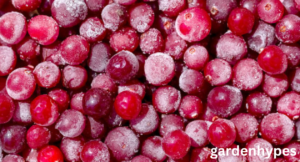Winter Fruit Seasonal Delights for Health and Flavor
Introduction
Winter brings chilly winds, cozy blankets, and a delicious array of seasonal fruits that offer not only a burst of flavors but also a powerhouse of nutrients. Consuming seasonal fruits is an excellent way to stay healthy during the cold months while enjoying nature’s best offerings.
In this blog, we will explore some of the best winter fruits, their benefits, and how to incorporate them into your diet.
click in link orange shortage
Why Eat Seasonal Fruits in Winter?
- Better Nutrition: Seasonal fruits contain essential nutrients that the body needs in cold weather.
- Supports Immunity: Many winter fruits are rich in vitamin C and antioxidants, which help fight colds and flu.
- Natural Freshness: Seasonal produce tastes better and is more nutritious.
- Sustainability: Eating seasonal fruits supports local farmers and reduces the carbon footprint.
Top Winter Fruits You Must Try
1. Oranges
Nutritional Benefits
- High in vitamin C, fiber, and antioxidants.
- Boosts immunity and skin health.
How to Eat
- Freshly peeled or juiced.
- Added to fruit salads or desserts.
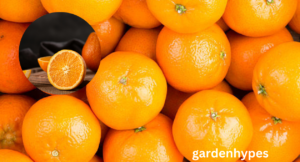
2. Apples
Nutritional Benefits
- Rich in fiber, vitamin C, and polyphenols.
- Supports digestion and heart health.
How to Eat
- Eaten raw, in smoothies, or baked into pies.
- Perfect with peanut butter as a snack.
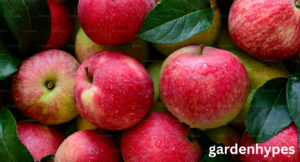
3. Pomegranates
Nutritional Benefits
- Loaded with antioxidants and vitamin C.
- Promotes heart health and reduces inflammation.
How to Eat
- Enjoy the juicy seeds as a snack or add them to salads.
- Blend into smoothies or sprinkle on yogurt.
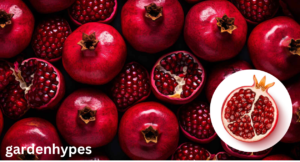
4. Kiwi
Nutritional Benefits
- High in vitamin C, fiber, and potassium.
- Supports digestion and improves skin health.
How to Eat
- Cut in half and scoop out the flesh.
- Add to fruit salads or smoothies.
click in link orange shortage
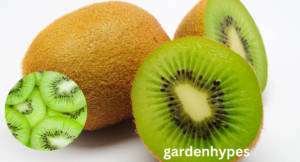
5. Grapefruit
Nutritional Benefits
- Great source of vitamin C and fiber.
- Helps in weight loss and improves heart health.
How to Eat
- Eat raw with a sprinkle of sugar or honey.
- Juice it for a refreshing morning drink
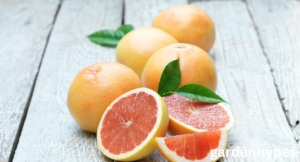
6. Persimmons
Nutritional Benefits
- Rich in vitamins A and C, fiber, and antioxidants.
- Supports eye health and digestion.
How to Eat
- Enjoy raw when fully ripe.
- Add to yogurt or oatmeal.
7. Cranberries
Nutritional Benefits
- High in antioxidants and vitamin C.
- Prevents urinary tract infections and improves digestion.
How to Eat
- Make cranberry sauce or juice.
- Add dried cranberries to salads or baked goods.

8. Pears
Nutritional Benefits
- Loaded with fiber, vitamin C, and potassium.
- Supports gut health and heart health.
How to Eat
- Eat raw or poach for a soft, delicious treat.
- Include in salads and desserts.
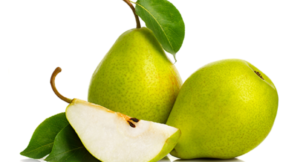
9. Dates
Nutritional Benefits
- High in natural sugars, fiber, and iron.
- Provides instant energy and supports brain function.
How to Eat
- Eat as a snack or stuff with nuts for added nutrition.
- Use in smoothies, desserts, or energy bars.
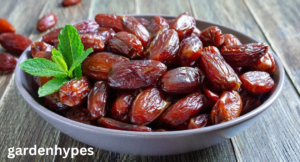
10. Bananas
Nutritional Benefits
- Rich in potassium, vitamin B6, and fiber.
- Supports muscle function and digestion.
How to Eat
- Enjoy as a snack or blend into smoothies.
- Add to oatmeal or pancakes.

How to Store Winter Fruits for Longer Freshness
- Refrigeration: Store fruits like apples, pears, and kiwis in the fridge to keep them fresh.
- Freezing: Freeze berries and pomegranate seeds for later use in smoothies.
- Room Temperature: Keep bananas, persimmons, and dates at room temperature.
- Airtight Containers: Store cut fruits in airtight containers to retain freshness.
click in link orange shortage
Winter Fruit Recipes to Try
1. Immunity-Boosting Citrus Salad
- Ingredients: Oranges, grapefruit, pomegranate seeds, honey, and mint.
- Method: Mix all ingredients, drizzle honey, and top with mint.
2. Warm Baked Apples
- Ingredients: Apples, cinnamon, nuts, and honey.
- Method: Core apples, stuff with nuts and honey, and bake until soft.
3. Cranberry Smoothie
- Ingredients: Cranberries, banana, yogurt, and honey.
- Method: Blend all ingredients for a nutritious drink.
Conclusion
Winter is a great season to enjoy a variety of delicious and nutritious fruits. These seasonal delights not only satisfy your taste buds but also keep you healthy and strong. Incorporate them into your diet in different ways and enjoy their benefits throughout the season.
FAQs
1. What is the best winter fruit for immunity?
Oranges, pomegranates, and kiwis are excellent for boosting immunity due to their high vitamin C content.
2. Can I eat winter fruits if I have a cold?
Yes! Fruits like citrus, kiwi, and pomegranates help fight colds and speed up recovery.
3. Are winter fruits good for weight loss?
Absolutely! Fruits like grapefruit, apples, and pears are low in calories and high in fiber, making them great for weight loss.
4. How can I add more winter fruits to my diet?
You can eat them fresh, make juices and smoothies, or add them to salads, yogurt, and desserts
